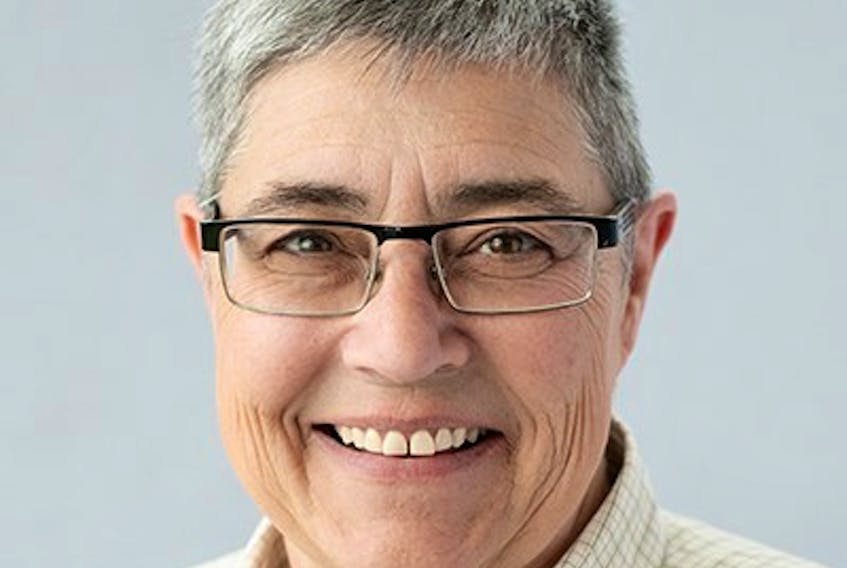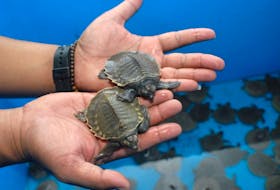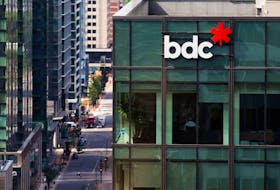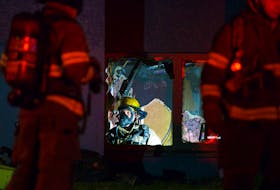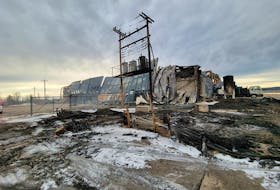Pride and I go back a long way; our first date was June 26th 1983. I joined about 1000 other people for the March that lead us all to King’s College Circle on the University of Toronto campus; as we got there, the band Parachute Club was playing “Rise Up!”. So, that has become “our” song for me, an anthem that characterizes the roots of my relationship to Pride – it is all about coming together, creating community, celebrating who we are and acting collectively to affect social change.
Celebrating all the various aspects of how we are who we are has always been one of my favourite elements of Pride. It evokes a carnivalesque atmosphere that calls folks to bring their wildest and weirdest selves out of the closet and into the street, to see themselves, to be visible and to be celebrated. That is amazing, and complicated. As a collectivity, we are a very queer bunch: the range of identities, desires, and desiring bodies that become visible during Pride are not everyone’s cup of tea. When else would you find: Dykes on Bikes, Black Lives Matter, the Sisters of Perpetual Indulgence, Two-Spirit folk, lesbian moms, gay dads, Jews, Muslims, Buddhists, Christians, transfolk, drag queens, drag kings, leather daddies, anarchists, asexuals, butches, femmes, business folk, and folk from a variety of classes, races, ages, genders, sexes, etc. all gathered in the same place? And while I will admit that I would rather face the large hairy fellow wearing only black leather chaps and a chest harness than follow him down the street, I am dedicated to celebrating that he is also there.
Pride is also more than just carnival; when we gather we also bring our individual and collective trials, tribulations, frustrations, anger, and grief. We remember the lives lost to hate, disease, systemic violence, and time. It is an opportunity to take stock of where we are, to think about who we are as a community, to lean on one another for support, to build bridges across our differences and to use our collective strength to raise one another up. Some years, the hardnesses far outweigh the causes for celebration – as is the case for any complex community. The promise of Pride, as an annual event, is the opportunity to do better, to step off the path of least resistance that reinforces class, race, gender, sexuality, and identity privilege and seek out ways to combat the operations of racism, sexism, classism, ableism, etc. in our organizations and in our everyday lives.
This year, local Pride events across the country have been (or will be) live-streamed online, so that while we cannot gather in person, we can connect with folks from one side of Turtle Island to the other. For those of us without the means to get to Toronto or New York or Montreal or Halifax or who find the really big events that attract hundreds or thousands of people just too people-y for our well-being, Pride in the age of Covid-19 is an opportunity to take part in ways that we never might have imagined and to connect with an even more diverse community.
Pride is more than an annual parade/festival for me, it is the heart and spirit of this weird and wonderful, eclectic and complex community who are and have been my people all the time every day.
Kate Krug is a queer activist and an assistant professor of sociology and anthropology at Cape Breton University in Sydney, practicing interpretive political sociology with a focus on genders, identities, sexualities, queer theory and critical pedagogy.

